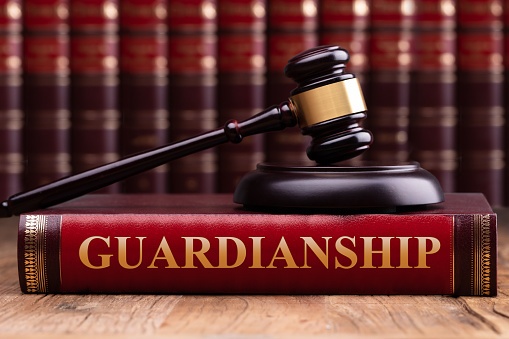One of the most powerful ways to avoid a court supervised guardianship if you were to become mentally incapacitated is to create and fund a revocable living trust. It’s important to recognize that the person installed in the role of guardian is not the same as a guardian although a person who is mentally incapacitated might need both of these parties.
A conservator in MA manages this person’s finances for them, whereas the guardian cares for their physical and medical needs.
The same person might serve both roles or a court might appoint an individual conservator and guardian. When the trust has been created and funded properly the grantor of this trust does not own any property in their individual name. Instead, they are owned by the trust and managed by a trustee for the benefit of the grantor.
The trust assets, therefore, are not subjected to court supervised guardianship issues if the grantor becomes mentally incapacitated. You can also choose to name a successor trustee in the trust agreement, which is the person that you are empowering with legal authority to step over and manage your trust assets if there comes a time when you are no longer able to do so independently.
Schedule a consultation with an MA estate planning lawyer in your area to discuss how guardianship, incapacitation, and living trusts should all be considered as part of your estate plan.

